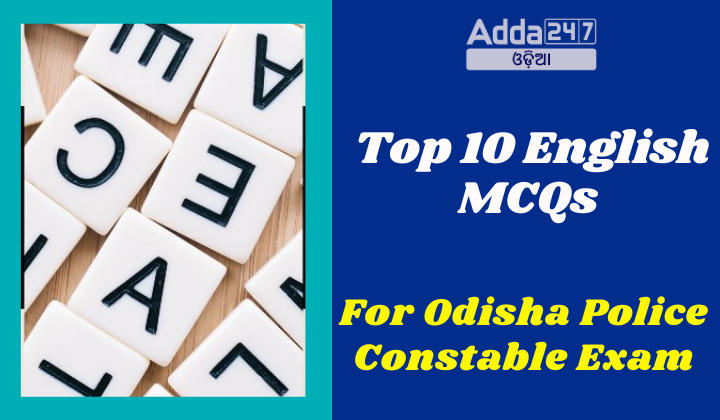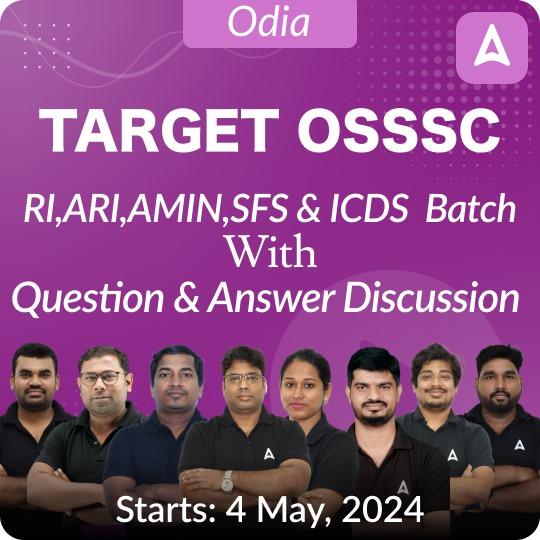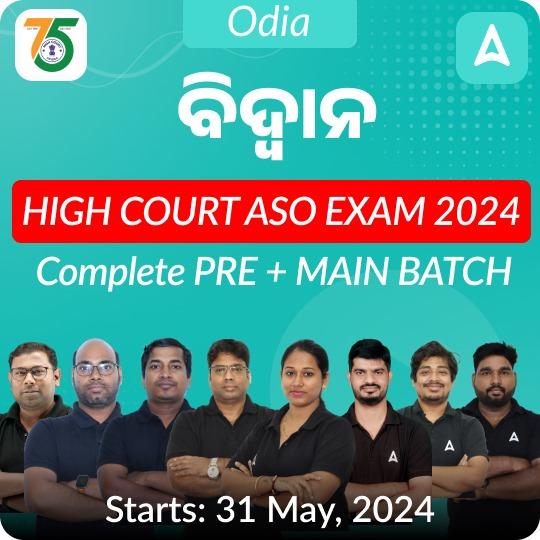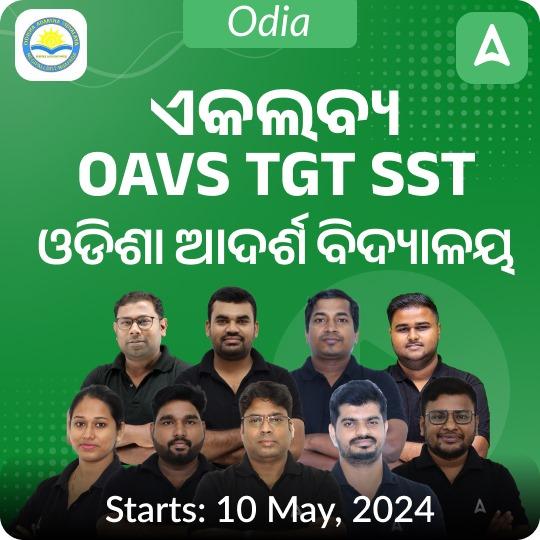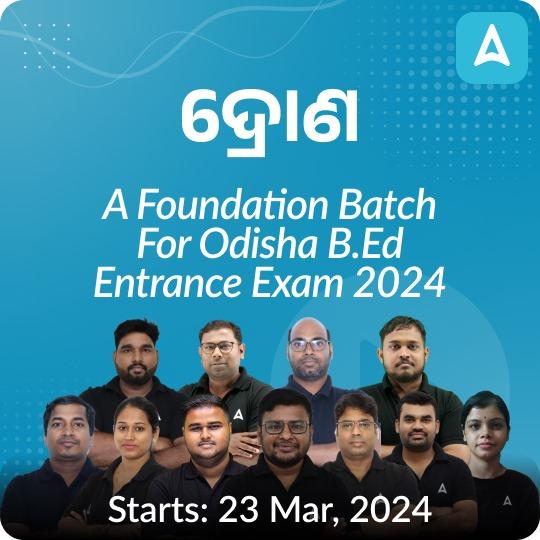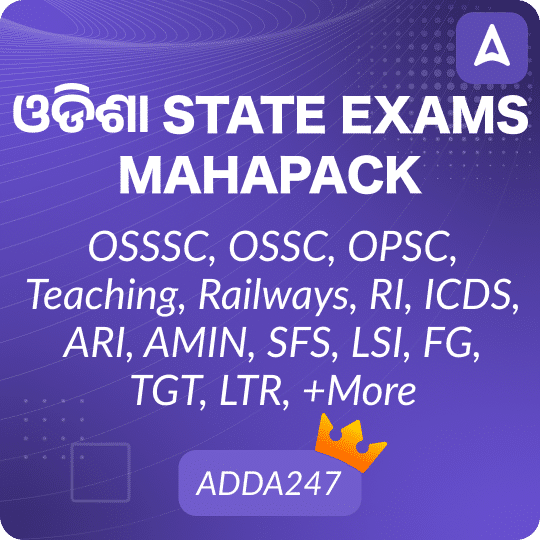Q1: Identify the sentence with the correct usage of the verb.
(a) The team have won the championship.
(b) The team has won the championship.
(c) The team was winning the championship.
(d) The team were winning the championship.
Ans: (b) The team has won the championship.
Sol: In formal English, collective nouns like “team” are treated as singular unless emphasis is on the individuals. Hence, “has” is correct.
Q2: Choose the correct preposition to complete the sentence:
He is indifferent ___ the outcome of the match.
(a) of
(b) to
(c) for
(d) on
Ans: (b) to
Sol: The correct phrase is “indifferent to,” which means having no particular interest or sympathy.
Q3: Which sentence uses the correct article?
(a) She adopted an European style of dressing.
(b) She adopted a European style of dressing.
(c) She adopted the European style of dressing.
(d) She adopted European style of dressing.
Ans: (b) She adopted a European style of dressing.
Sol: The article “a” is used before words that begin with a vowel sound but are pronounced with a consonant sound, like “European.”
Q4: Choose the correct sentence:
(a) He, as well as his friends, were late.
(b) He, as well as his friends, was late.
(c) He, along with his friends, were late.
(d) He, along with his friends, is late.
Ans: (b) He, as well as his friends, was late.
Sol: When “as well as” is used, the verb agrees with the first subject, “he,” which is singular.
Q5: Choose the correct form of the verb to complete the sentence:
Neither of the boys ___ responsible for the accident.
(a) is
(b) are
(c) have been
(d) were
Ans: (a) is
Sol: “Neither” is singular, so it requires a singular verb, “is.”
Q6: Select the sentence with the correct use of conjunctions.
(a) She is both intelligent or hardworking.
(b) She is either intelligent and hardworking.
(c) She is both intelligent and hardworking.
(d) She is neither intelligent or hardworking.
Ans: (c) She is both intelligent and hardworking.
Sol: The correct conjunction pair is “both…and.”
Q7: Spot the error in the sentence:
No sooner he left the office when it started raining.
(a) No sooner
(b) he left
(c) when
(d) it started raining
Ans: (c) when
Sol: The correct phrase is “No sooner…than.” The sentence should be: “No sooner he left the office than it started raining.”
Q8: Choose the correct sentence:
(a) If I was a millionaire, I would help the poor.
(b) If I were a millionaire, I would help the poor.
(c) If I had been a millionaire, I would help the poor.
(d) If I am a millionaire, I would help the poor.
Ans: (b) If I were a millionaire, I would help the poor.
Sol: The subjunctive mood is used for hypothetical situations. “Were” is correct in this context.
Q9: Select the correct option for the given sentence:
He is ___ unique artist in the gallery.
(a) an
(b) the
(c) a
(d) no article
Ans: (b) the
Sol: The definite article “the” is used before “unique” because it denotes something specific.
Q10: Identify the correctly punctuated sentence:
(a) “What a beautiful day it is exclaimed John.”
(b) “What a beautiful day it is!” exclaimed John.
(c) “What a beautiful day it is!” Exclaimed John.
(d) “What a beautiful day it is”, exclaimed John.
Ans: (b) “What a beautiful day it is!” exclaimed John.
Sol: Proper punctuation for exclamatory sentences in direct speech includes an exclamation mark before closing the quotation
| Question of the Day
Comment the Answer |
Fill in the blank with the correct conjunction:
He was tired, ___ he completed the task.
(a) or
(b) and
(c) but
(d) because |
